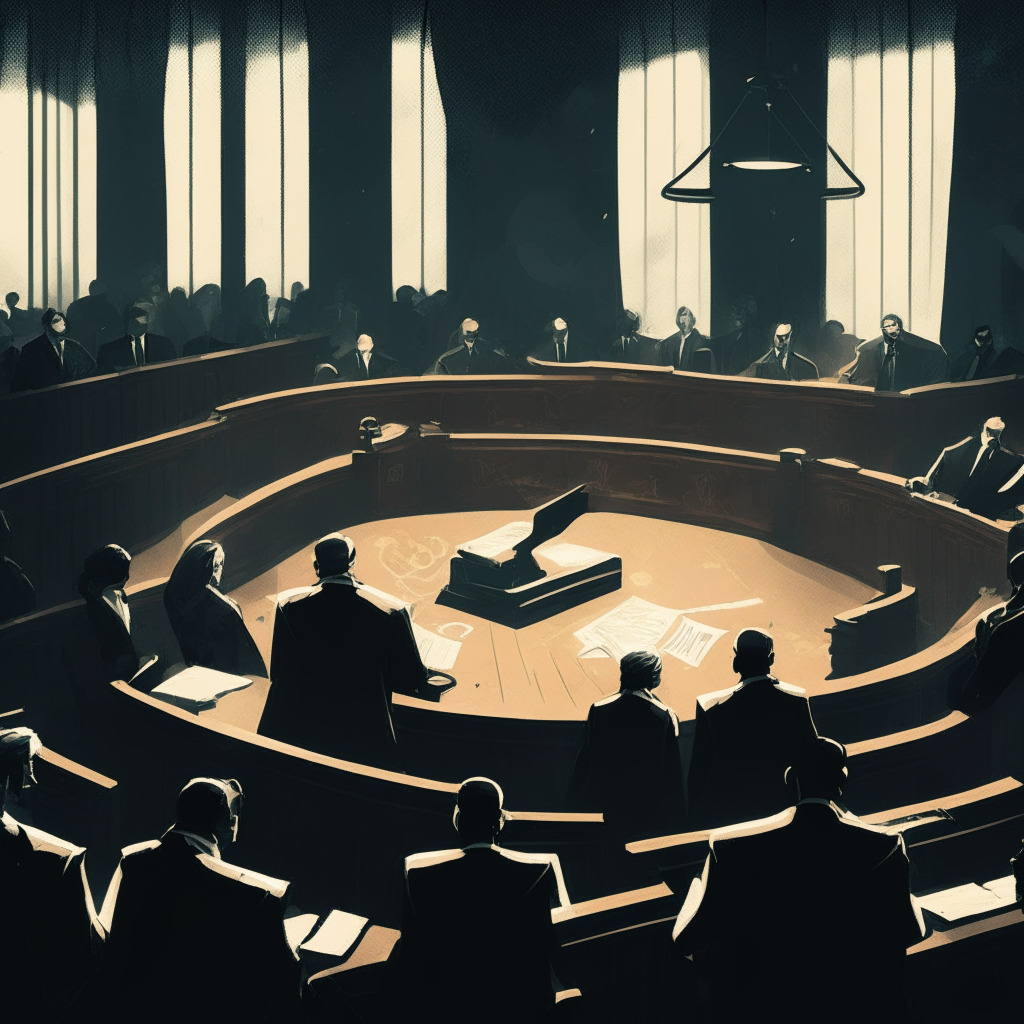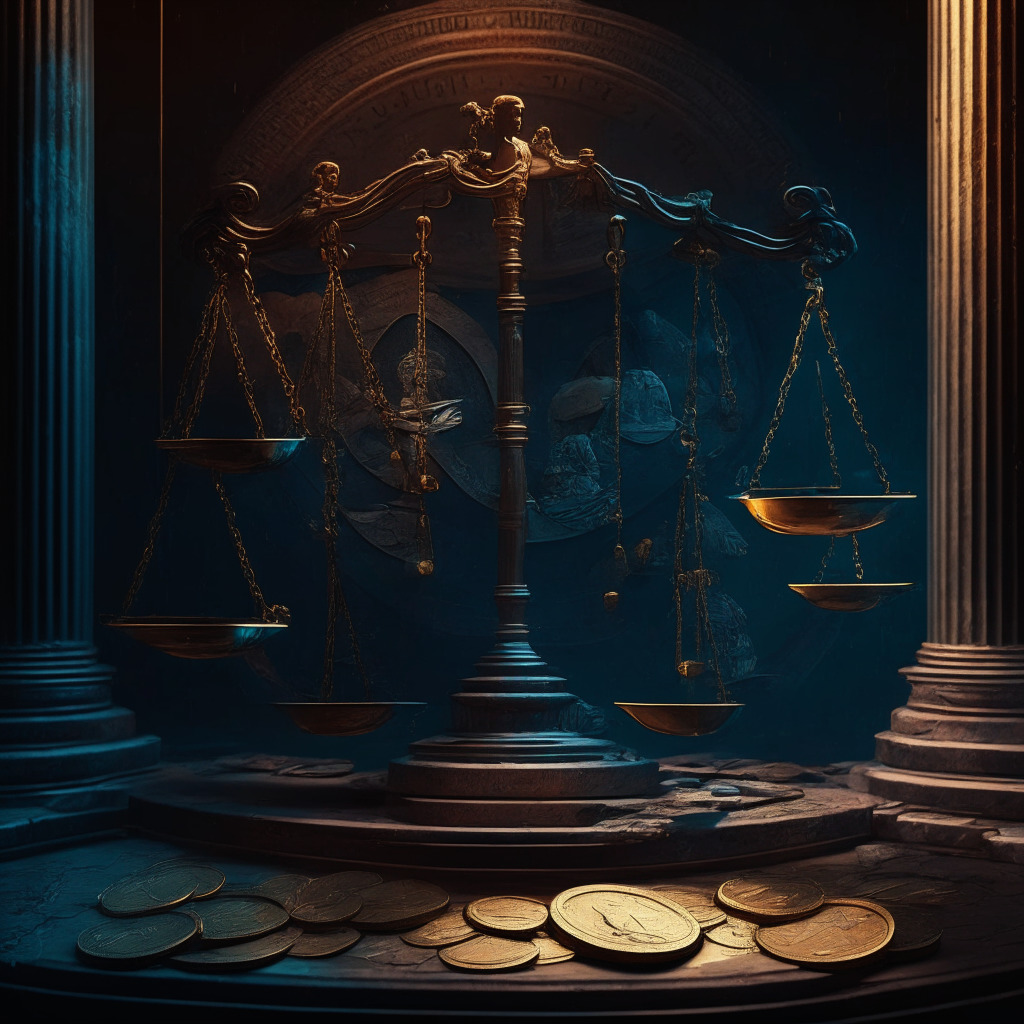The founder of FTX, Sam Bankman-Fried has been thrust into the spotlight once again by the U.S. Department of Justice. His latest defense in an ongoing legal battle has drawn sharp criticism, mainly because it does not deny that he disclosed the personal diary of former Alameda Research CEO, Caroline Ellison, to the New York Times. The DOJ has deemed this act far from “fair comment,” suggesting instead that it was a calculated move designed to discredit a potential trial witness and prejudice the jury.
Far from being a simple exercise of his constitutional right to free press, the DOJ alleges that Bankman-Fried’s actions were orchestrated to disseminate a particular narrative that painted him in an advantageous light. This argument paints his surfacing of Ellison’s diary as not an isolated incident, but a part of a larger pattern of seeking to unduly influence witnesses.
In the face of these claims, Bankman-Fried’s attorneys have contested these characterizations, arguing that their client had merely wanted to defend his reputation and had not intended to influence or target Miller. These counterclaims, however, do little in the face of the DOJ’s accusation that Bankman-Fried’s actions, including the setting up of Signal groups programmed to delete messages after a week, were covert and calculated.
Amidst this back-and-forth, a larger question glares: whether these developments are merely skirmishes in the larger legal battlefield, or instances indicative of a broader issue affecting our perception of the crypto markets and its leading personalities. For all its promises of democratizing finance, the crypto-space has also seemed to create new power dynamics and moral gray areas.
Is Bankman-Fried merely a man cornered and fighting for his good name, or a player using tech-shield tactics to tip the justice scales in his favor? As the judge overseeing this case, Judge Lewis Kaplan, mulls over these questions, the ultimate decision will likely set a precedent for how regulators and law enforcement approach such complexities in the future.
Finally, it feels vital to note that the persistent references made by the defense to current FTX CEO John J. Ray III only adds another flavor of intrigue to the mix; as much as some might wish it to be, this scenario is far from binary—it includes a complex web of players, motivations, and potential outcomes. And for these reasons, it’s a spectacle we cannot afford to ignore in this evolving financial landscape we are part of.
Source: Coindesk




